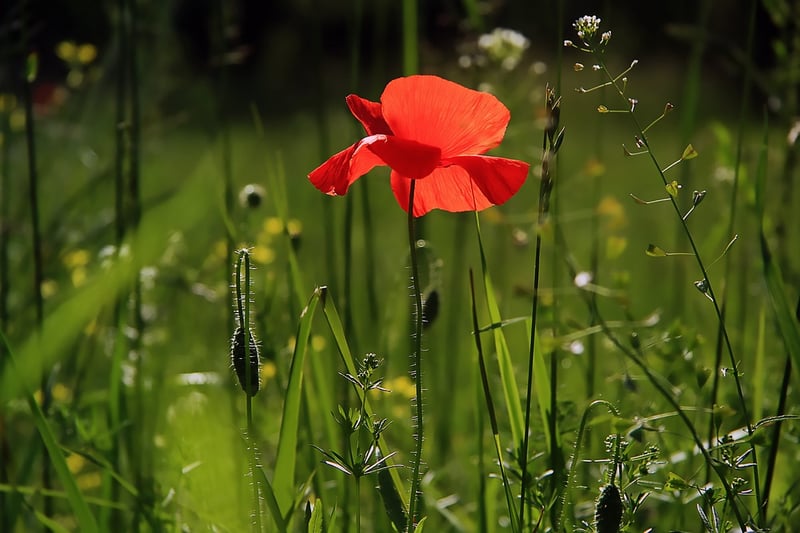Pest Control
Keeping Your Garden Healthy + Pest Control
Welcome to our guide on how to maintain a healthy garden and effectively control pests. A beautiful garden not only enhances the aesthetics of your home but also provides a peaceful retreat for you to enjoy. However, maintaining a garden requires effort and care to keep it healthy and free from pests.
1. Choose the Right Plants
Start by selecting plants that are well-suited to your garden's conditions, such as sunlight, soil type, and climate. Healthy plants are more resistant to pests and diseases, so choose wisely.
2. Water Properly
Water your garden deeply but infrequently to encourage deep root growth. Avoid overwatering, as it can attract pests and lead to root rot. Use a soaker hose or drip irrigation system to water at the base of plants.
3. Mulch Regularly
Applying mulch around plants helps retain moisture, suppress weeds, and improve soil structure. Organic mulches like compost or bark chips also enrich the soil as they decompose.
4. Practice Crop Rotation
Rotate your crops each season to prevent the buildup of pests and diseases in the soil. This practice also helps maintain soil fertility and overall plant health.
5. Monitor for Pests
Regularly inspect your plants for signs of pest infestations, such as chewed leaves, holes, or sticky residue. Early detection allows for prompt intervention before pests cause significant damage.
6. Use Natural Predators
Encourage beneficial insects like ladybugs, lacewings, and predatory wasps that feed on garden pests. Planting nectar-rich flowers and providing habitat for these insects can help maintain a natural balance in your garden.
7. Employ Organic Pest Control
Consider using organic pest control methods such as neem oil, insecticidal soap, or diatomaceous earth to target specific pests while minimizing harm to beneficial insects and the environment.
8. Handpick Pests
For small infestations, manually remove pests like caterpillars, slugs, or beetles from plants. Wear gloves and drop the pests into a bucket of soapy water to prevent them from returning.
9. Invest in Physical Barriers
Protect your plants from pests by using physical barriers such as row covers, netting, or fences. These barriers can prevent insects, birds, and animals from damaging your garden.
10. Stay Vigilant
Consistent monitoring and maintenance are key to keeping your garden healthy and pest-free. Stay observant, address issues promptly, and enjoy the fruits of your labor in a thriving garden!

By following these tips and techniques, you can cultivate a vibrant and pest-resistant garden that will bring joy and tranquility to your outdoor space. Remember, a little care and attention go a long way in maintaining a healthy garden for years to come.
Happy gardening!
